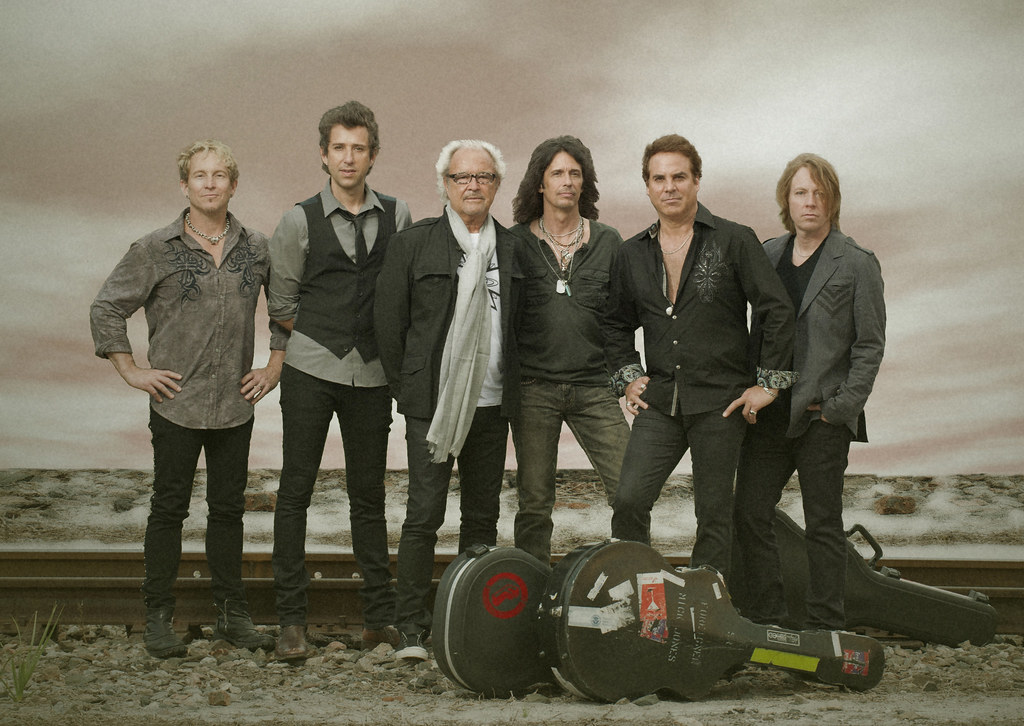If you’ve been tracking Foreigner‘s supposed swan song since 2022, here’s a plot twist worthy of their biggest power ballads. The band just admitted they’re no longer on a farewell tour, thanks to a frontman switch that nobody saw coming.
Kelly Hansen officially retired in May 2025 after wrapping the North American leg, citing vocal demands and a desire to “go out on top.” Enter Luis Maldonado, the multi-instrumentalist who joined in 2021 and gradually evolved from sideman to savior. What started as filling in during Latin American dates turned into a full-time gig when both the band and audiences recognized his ability to handle those soaring choruses.
The transition carries serious legitimacy. Founding guitarist Mick Jones and original vocalist Lou Gramm both endorsed Maldonado’s promotion—remarkable considering the egos typically involved in classic rock lineup changes. Bassist Jeff Pilson captured the mood shift perfectly:
“There’s just a lot of forward movement, and the band is incredibly excited.”
Your concert calendar just got more crowded. Foreigner‘s official schedule now extends through March 2026, with hints that additional dates could follow. This places them alongside other acts who’ve discovered that “farewell” in rock touring often means “see you next year”—a tradition as enduring as arena lighting rigs and overpriced venue beer. Meanwhile, Jelly Roll’s “Farewell for Now” Nashville hiatus proves even newer acts understand the strategic value of scarcity before their inevitable stadium return.
The move makes economic sense beyond nostalgia. With their 2024 Rock and Roll Hall of Fame induction providing fresh credibility and streaming numbers proving these songs still connect across generations, retiring seemed premature. Maldonado’s seamless integration during recent shows eliminated the biggest risk factor: fan rejection of a new voice on beloved material.
For longtime followers, this represents evolution rather than betrayal. The band’s core DNA—those massive hooks and anthemic choruses—remains intact under new vocal leadership. Those hooks helped define the most popular songs in America during the 80s, creating a template that transcends individual performers and explains why audiences accept vocal changes more readily than songwriting shifts. Sometimes the best farewell tours are the ones that never actually say goodbye.


























